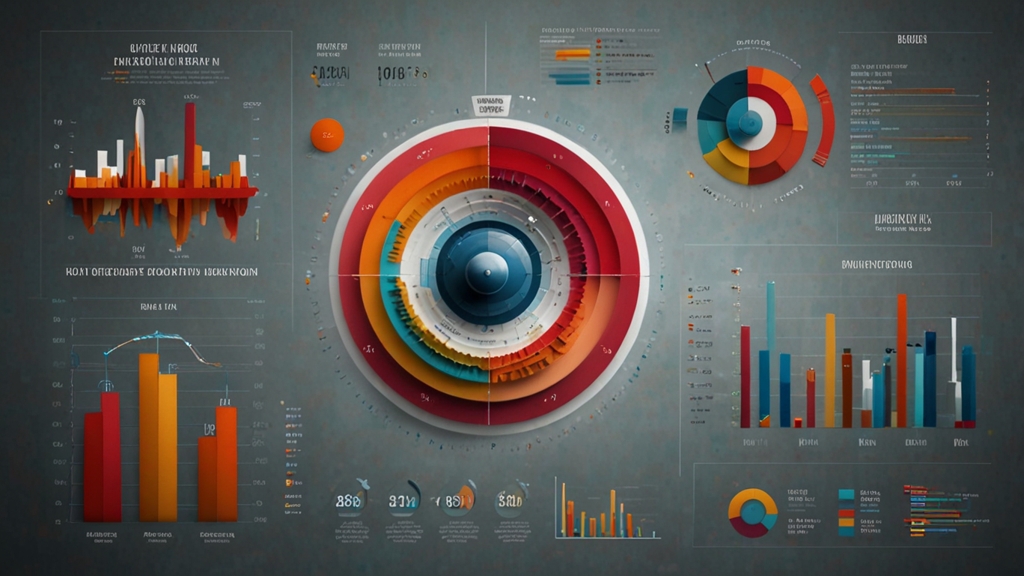Marie Antoinette: The Truth Behind the Cake Legend
Marie Antoinette, the last Queen of France before the French Revolution, is often remembered for a phrase she never actually said: "Let them eat cake." This statement, which has been attributed to her for centuries, is believed to be an expression of her indifference to the poor's suffering. However, a closer examination of history reveals that this quote is a myth, and the real story is far more complex and humanizing.
The Origins of the Quote
The phrase "Let them eat cake" in French is "Qu'ils mangent de la brioche." It was supposedly uttered by Marie Antoinette during a famine when she learned that the peasants had no bread. However, historical evidence strongly suggests that she never said these words. The quote first appeared in Jean-Jacques Rousseau's autobiographical work "Confessions," written in 1765 when Marie Antoinette was just nine years old and living in Austria.
“Finally I recalled the thoughtless princess who, when told that the peasants had no bread, replied, ‘Let them eat cake.’” - Jean-Jacques Rousseau, Confessions (1765)
Rousseau did not name the princess in question, and there is no evidence that he was referring to Marie Antoinette. Historians believe he might have been referring to Maria Theresa of Spain or some other noblewoman of a much earlier era.
A Convenient Scapegoat
Despite the lack of evidence, the phrase became associated with Marie Antoinette. Her Austrian origins and lavish lifestyle made her an easy target for propaganda. During the French Revolution, revolutionaries used this quote to exemplify the monarchy's disconnect from the common people's hardships. Her extravagant expenditures and the court's opulence were frequently contrasted with the dire economic conditions France faced.
While it is true that Marie Antoinette lived a luxurious life, it is also documented that she engaged in charitable activities. She donated generously to causes she found worthy and even adopted several poor children. However, these actions could not compete with the powerful, negative image that the "Let them eat cake" myth painted of her.
The Power of Propaganda
The spread of this myth serves as a stark reminder of how propaganda can shape public perception and historical narratives. Revolutionaries needed a villain to unite the people against, and Marie Antoinette fit the bill perfectly. By attributing such a callous statement to her, they were able to inflame public sentiment and justify the radical changes they pursued.
"Propaganda is a truly terrible weapon in the hands of an expert." - Adolf Hitler
This misattribution has persisted over centuries, highlighting how easily misinformation can become accepted as fact. The story of "Let them eat cake" has been told and retold in countless history books, biographies, and even school lessons, making it one of the most enduring myths in history.
The Real Marie Antoinette
Marie Antoinette was a figure of her time, influenced by the court’s grandeur and its disconnect from the reality of peasant life. But she was far from the indifferent, heartless character that the "cake" legend makes her out to be. Her tragic end, executed by guillotine in 1793, reflects the complexities of her life caught between royal expectations and revolutionary zeal.
Recognizing the myth for what it is allows us to have a more nuanced understanding of this historical figure. It serves as a cautionary tale about the importance of scrutinizing sources and the tenacity with which misinformation can cling to the annals of history.
Conclusion
The story of Marie Antoinette and the infamous "Let them eat cake" quote is a fascinating example of how myths can distort our understanding of historical events and personalities. While the real Marie Antoinette was not without flaws, she certainly did not deserve the enduring infamy attached to a phrase she never uttered. By examining the true context and sources, we can gain a richer, more accurate understanding of history and the people who shaped it.







